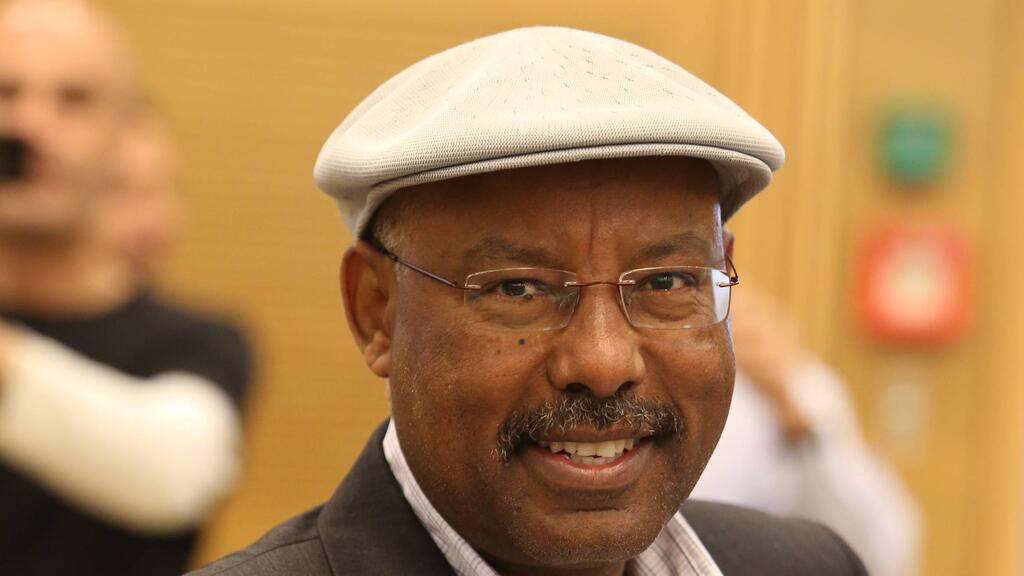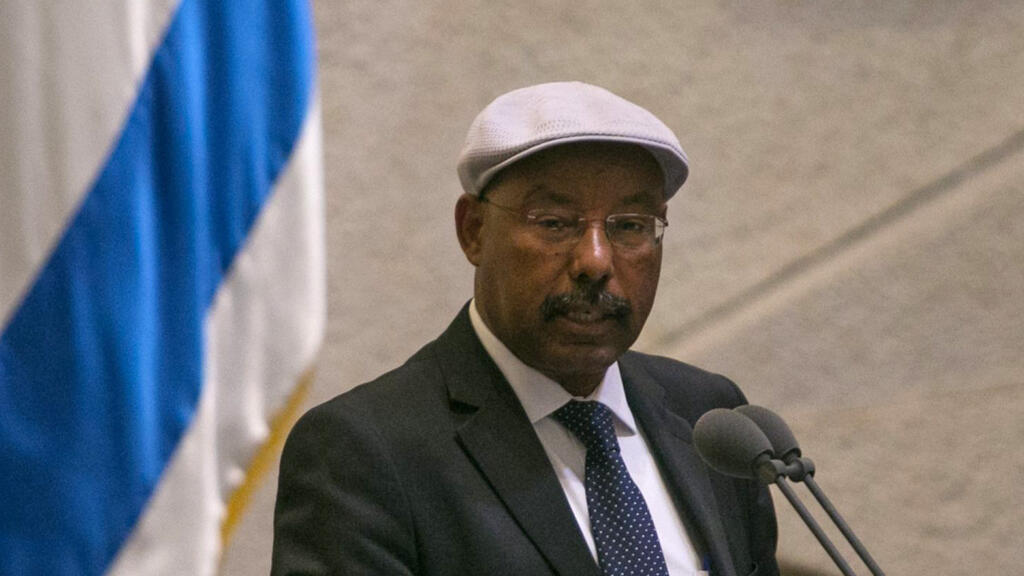Getting your Trinity Audio player ready...
Forty-six of Africa’s 54 countries maintain formal diplomatic ties with Israel. Expanding that number is a key goal for Avraham Neguise, Israel’s newly appointed ambassador to Ethiopia. He is expected to present his credentials in early October.
A strong advocate for African-Israel relations, Neguise founded the Africa-Israel Caucus while serving in the Knesset from 2015 to 2019. He also championed Ethiopian aliyah (Jewish immigration to Israel), most recently through Operation Rock of Israel, which brought over 3,100 Ethiopians to Israel last year.
More than 150,000 Ethiopians have immigrated to Israel through programs, some under the Law of Return and others through initiatives like Operation Rock of Israel, which focused on reuniting first-degree relatives with families in Israel.
Now as a diplomat, Neguise shifts his focus from advocating for aliyah to strengthening ties between Addis Ababa and Jerusalem specifically and Africa and Israel in general.
“Africa needs Israel, and Israel needs Africa,” Neguise told The Media Line in an exclusive interview, his first interview since taking office. He still has not been formally inaugurated locally. “Israel, as the startup nation, is blessed by the knowledge of technology in different areas—agriculture, health, climate, cyber. Africa has fertile land and a growing population. My vision is the meeting between Israeli technology and African fertile soil to alleviate hunger and poverty.”
Following Neguise’s role in launching the Africa-Israel Caucus, Prime Minister Benjamin Netanyahu made the first official state visit to Africa in 30 years, visiting Rwanda, Kenya, Uganda, and Ethiopia in July 2016. Netanyahu returned in 2017 to visit Liberia and Kenya and in 2019 to Chad.
Neguise explained that his role is closely tied to the African Union (AU), headquartered in Ethiopia, which played a key role in founding the Organization of African Unity (OAU) in the 1960s. The OAU was the predecessor of the AU.
In July 2021, AU Commission Chair Moussa Faki Mahamat unilaterally granted Israel observer status, though several efforts have since been made to remove Israel from the union.
Neguise noted, “It is good that the AU is in Ethiopia, and I will have access to different ambassadors. … Once I can meet them, I will emphasize the importance of Israel maintaining observer status in the African Union.”
Building strong relationships with African leaders, he added, could support Israel in the African Union, the International Court of Justice (ICJ), and the United Nations.
“If African countries vote in our favor, this could be pivotal for Israel,” Neguise said.
In December 2023, South Africa brought a case against Israel to the ICJ, accusing it of genocide against Palestinians in Gaza. However, many South Africans and other Africans have said the South African government does not represent their views on Israel.
Neguise spoke to The Media Line during the inaugural Africa-Israel Parliamentary Summit, held September 10-11 in Addis Ababa. Nearly 30 pro-Israel lawmakers from across Africa signed a resolution supporting Israel with an undivided Jerusalem as its capital, condemning Hamas’s terror and bias against Israel at the ICJ and UN, and encouraging economic and security ties.
He expressed confidence that more African states would normalize relations with Israel, though he could not predict which country would be first. His focus remains on expanding economic, innovation, and technology partnerships.
Israel’s Mashav program, run by the Foreign Ministry, leads several projects in Africa and provides training for African students and teachers in Israel. Neguise aims to train the younger generation in artificial intelligence and digital innovation, enabling them to contribute to their home countries and strengthen future Africa-Israel relations. He also believes this will boost tourism between the two regions.
Neguise noted that many Africans are drawn to the Holy Land because of Israel’s respect for religious sites sacred to Judaism, Christianity, and Islam. Many African countries, he added, have large Christian populations that support Israel due to their faith.
Today, Ethiopian Airlines alone flies to Tel Aviv at least twice daily.
Ethiopian Aliyah
Most Jews eligible for aliyah under the Law of Return have already arrived in Israel, with only a few dozen likely remaining. However, more than 10,000 Ethiopians wish to immigrate, believing they are Jewish or are related to someone in Israel, but they cannot come under the Law of Return and require special permission.
Neguise said that after Operation Rock of Israel concluded, the government was tasked with addressing the potential final influx of Ethiopian immigrants. A special coordinator was appointed to study the issue and make recommendations, but the process has been largely frozen due to the ongoing Gaza conflict.
For his part, Neguise said, “For many years, I was advocating for facilitating Jewish immigration from Ethiopia to Israel, and I am happy that I succeeded in fulfilling this vision and desire for tens of thousands of Ethiopian Jews who are today proud citizens of the State of Israel.”
These immigrants, he said, “serve as a modern, living bridge between Ethiopia and Israel.”
Neguise does not plan to be involved in aliyah in his new role unless the government makes a decision, at which point he and the local embassy will assist.
He also plans to support Ethiopians who stay connected to Israel through prayer, noting, “The Ethiopian people are deeply connected to Israel because of the Bible. Ethiopia is mentioned more than 60 times in the Bible.”
Neguise sees his role in Ethiopia as an opportunity to leave a lasting legacy.
“I was born and grew up in Ethiopia. I immigrated to Israel and received an equal-opportunity education. I became an Israeli lawmaker and am now an ambassador to Ethiopia,” Neguise said. “I will be here for three years and plan to work hard to make a difference.”



